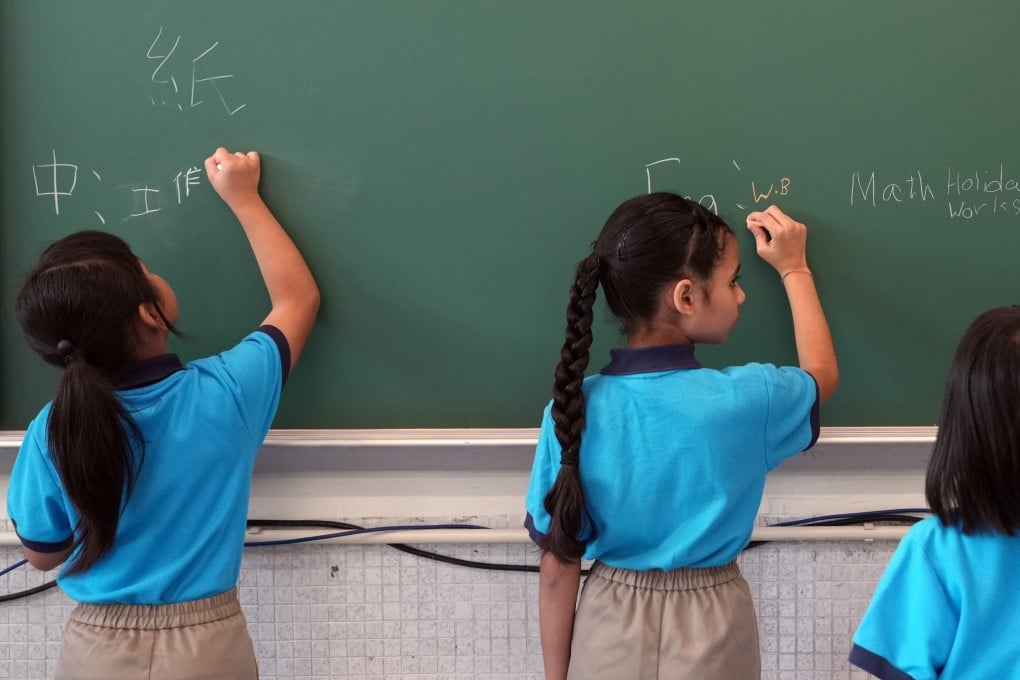Advertisement
Opinion | ‘Segregated’ schooling is holding back Hong Kong’s potential
- Instead of imposing Chinese language education as a barrier, the city must adopt inclusive reforms that allow minority students to thrive
Reading Time:4 minutes
Why you can trust SCMP
7

Diplomacy of Secondary Education (DSE) results will be released next month. Just like the A-levels in my time and mainland China’s National Higher Education Entrance Examination or gaokao, the DSE will shape the course of lives – especially for families with limited means, for whom higher education is the only viable option to get ahead.
Advertisement
For many ethnic minority students, referred to as non-Chinese speaking (NCS) students by the Education Bureau, the Chinese language requirement has severely impeded educational outcomes. As a result, only one in 10 NCS students secure government-funded university enrolment via the DSE route, well below the 25 per cent for the majority population. Hong Kong’s education system clearly needs a major revamp to provide equal opportunities for NCS students.
Those from affluent backgrounds who can afford an International Baccalaureate (IB) education – the exam results of which will be released next week – have a wide range of choices. Last year, 2,275 students in Hong Kong received IB diplomas. With Hong Kong’s impressive 97.7 per cent IB pass rate, most of these students are expected to attend universities.
For those without a good command of the Chinese language, whether they be Chinese or NCS students, IB offers a way to circumvent the Chinese language requirement for applicants to universities in Hong Kong via the non-Jupas route.
However, this creates a compound inequity where affluent Chinese who can afford an IB education bypass the Chinese language requirement while NCS students who cannot afford the programme must take the DSE and be expected to demonstrate Chinese proficiency.
Advertisement
While NCS students have alternatives to meet Chinese language requirements such as the General Certificate of Secondary Education, it is a complex and cumbersome system with uneven policies among universities.

Advertisement
